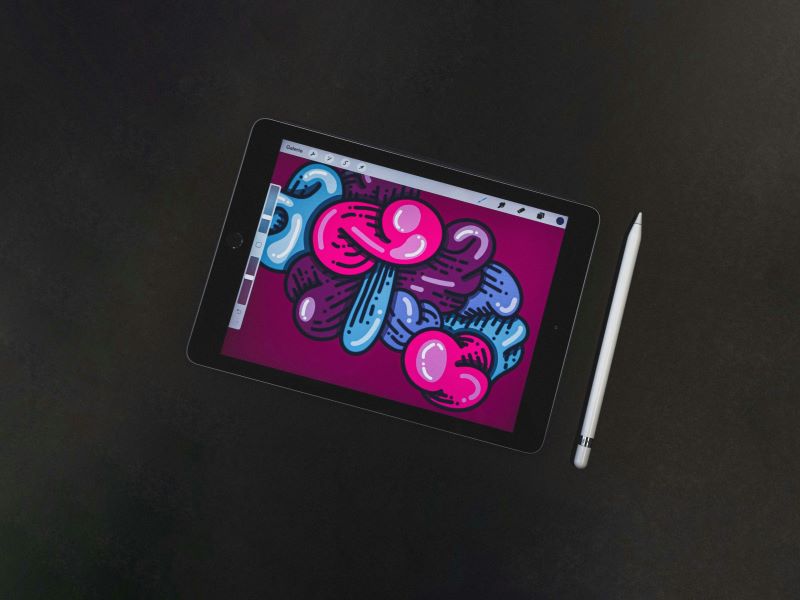In modern healthcare, efficient management is key to providing high-quality care. Smart Android tablets are proving to be game-changers in hospital settings by enabling seamless integration of various hospital management systems. From managing patient appointments to organizing medical records, Android tablets provide healthcare professionals with the tools they need to optimize workflow, improve patient satisfaction, and enhance operational efficiency.from android tablets for sale From the reference value, it can also bring a lot of inspiration to other industries. https://txsongseng.com
1. Streamlining Patient Appointments
One of the most crucial aspects of hospital management is handling patient appointments efficiently. Smart Android tablets play a significant role in simplifying this process. Hospitals can use Android tablets to allow patients to easily book, reschedule, or cancel appointments online through integrated apps. These tablets can also display real-time availability, ensuring that patients can schedule their visits at their convenience.
Furthermore, Android tablets can sync with hospital management systems to update appointments automatically. This reduces human error, minimizes scheduling conflicts, and ensures that patients are seen in a timely manner. By integrating these systems into smart Android tablets, hospitals can achieve smoother workflows and reduce administrative burdens.
2. Efficient Queue Management
Another area where smart Android tablets excel is in queue management. Managing long lines and wait times is a common challenge in healthcare settings. However, with the help of Android tablets, hospitals can implement digital queue management systems that provide real-time updates on wait times and patient status.
Patients can check in digitally upon arrival using smart Android tablets, and the system will automatically track their progress in the queue. This not only provides patients with accurate waiting times but also helps staff prioritize and manage patient flow more effectively. Digital queue management leads to a more organized environment and a more pleasant experience for patients.
3. Managing Medical Records Digitally
The transition from paper-based to digital records is essential for modern hospitals. Smart Android tablets play a pivotal role in this transition by allowing medical professionals to access, update, and manage medical records efficiently. These tablets can be equipped with secure apps that comply with healthcare data regulations, ensuring that patient information is safe and easily accessible.
With Android tablets, doctors and nurses can access patient medical histories, previous treatments, prescriptions, and other crucial data at the point of care. This accessibility ensures that healthcare professionals have all the information they need to make informed decisions, resulting in faster diagnoses and better patient outcomes.
Additionally, smart Android tablets make it easier to update records in real-time. As treatments are administered or tests are performed, medical staff can quickly enter data directly into the system, minimizing the risk of errors associated with manual record-keeping.
4. Enhancing Communication Between Departments
Effective communication is vital in hospital management, and smart Android tablets facilitate this communication in various ways. Tablets can be used to send messages and alerts to staff members about patient status, emergencies, or changes in appointments. This real-time communication ensures that all departments stay connected and can collaborate efficiently.
Android tablets can also be used for telemedicine purposes, enabling doctors to consult with specialists or patients remotely. This enhances the hospital’s ability to provide care to patients who may not be able to visit in person, improving accessibility and reducing hospital congestion.